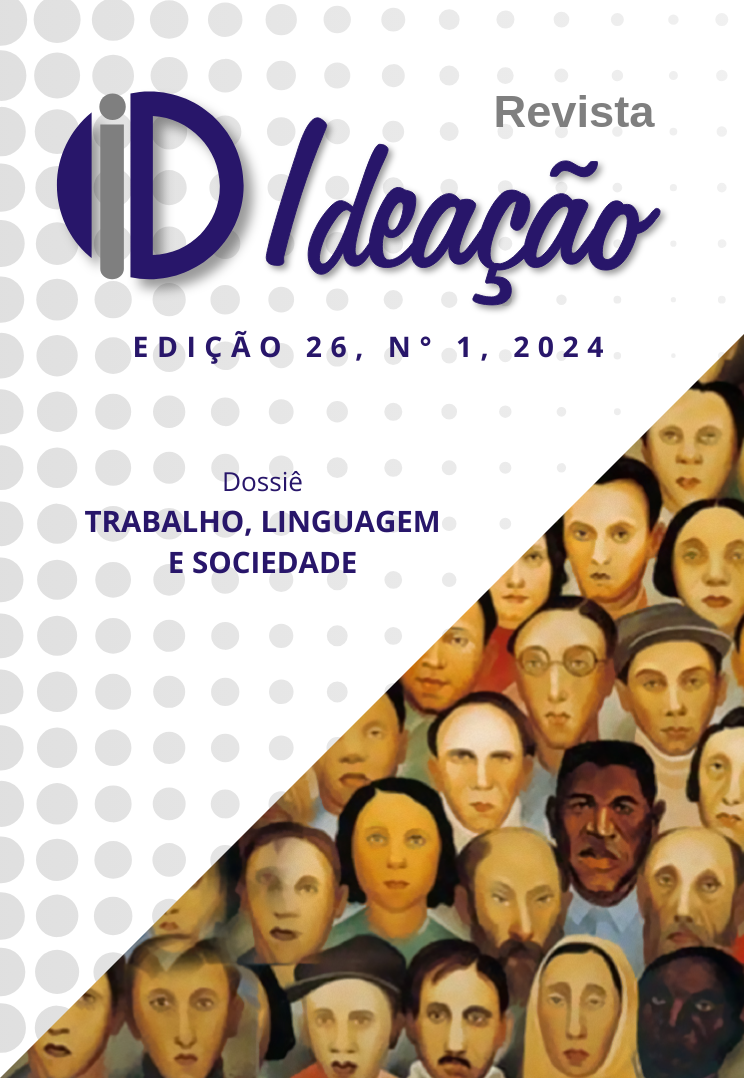Marx, Engels and literature as revolutionary consciousness
DOI:
https://doi.org/10.48075/ri.v26i1.31189Keywords:
Revolutionary Consciousness, Class Struggle, Dialectics, Literature, Social InequalitiesAbstract
This paper analyzes how Karl Marx and Friedrich Engels understood literature as a means of capitalist (re)production, indicating their contributions to the (re)construction of a new society, based on revolutionary consciousness. We discuss the trajectory of these authors, understanding literature as a considerable contribution to sociabilities, building the proletarian conscience, articulated to revolutionary literature. We are based on Cotrim (2016), Lukács (2010), Silva (2000) and Vedda (2003) from a qualitative research, based on literature review. We articulated, as Marx did, the adoption of two poems: O Bicho by Manuel Bandeira and Lixo by Augusto de Campos, indicating paths for the use of literature based on revolutionary conscientization. Our results point to the importance of the approximation of these theorists to the reality of individuals devoid of capitalist and neoliberal logic as a form of liberation from inequalities and social conditioning and human exploitation.
Downloads
Published
How to Cite
Issue
Section
License
Copyright (c) 2023 Direitos partilhados conforme licença CC BY-NC-SA 4.0

This work is licensed under a Creative Commons Attribution-NonCommercial-ShareAlike 4.0 International License.
Authors who publish in this journal agree with the following terms:
1. Authors maintain copyright and grant the journal the right of first publication, with the work simultaneously licensed under the Creative Commons Attribution License that allows the sharing of the work with recognition of authorship and initial publication in this journal.
2. Authors are authorized to assume additional contracts separately, for non-exclusive distribution of the version of the work published in this journal (e.g., to publish in an institutional repository or as a book chapter), with acknowledgment of authorship and initial publication in this journal.
3. Authors are allowed and encouraged to publish and distribute their work online (e.g., in institutional repositories or as a personal page) at any point before or during the editorial process, as this may generate productive changes, as well as increase the impact and citation of the published work (See The Effect of Free Access).
Creative Commons License
This work is licensed under a Creative Commons Attribution-Noncommercial-ShareAlike 4.0 International License, which permits sharing, copying, distributing, displaying, reproducing, the whole or parts provided it has no commercial purpose and the authors and source are cited.


